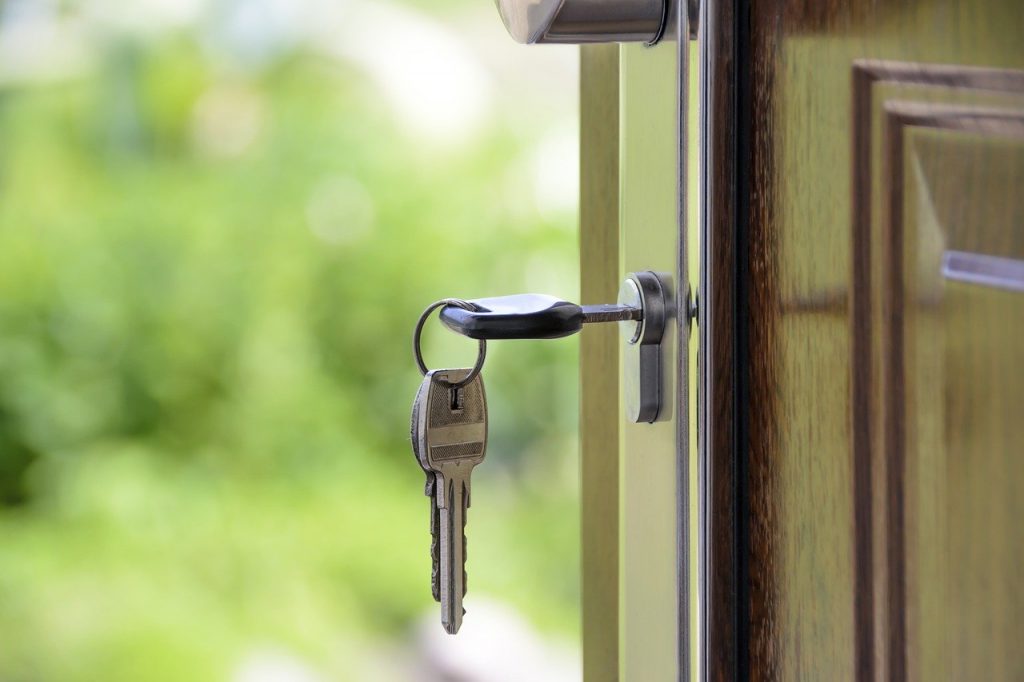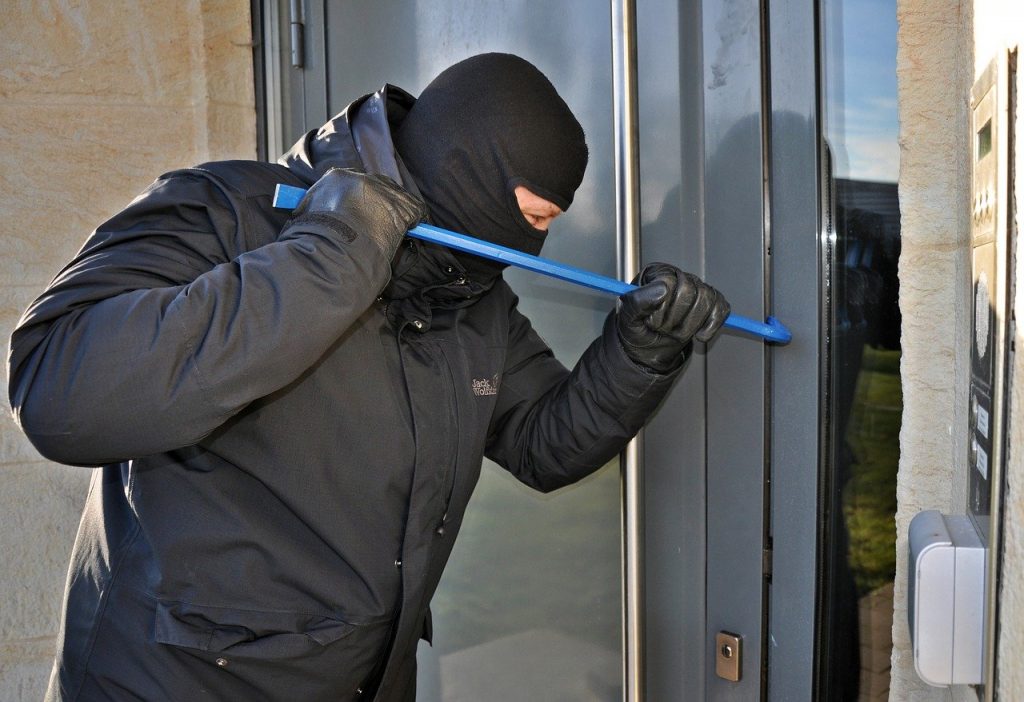Landlords and tenants alike have to be careful when it comes to changing the locks on a rented property. Although the landlord might own the property (or at least have a mortgage on it) they are renting out, they have to aware that this is someone’s home, and that the person living there has a right to feel safe and secure. Tenants are, in fact, granted a ‘right for quiet enjoyment of their rented property’.
Equally, although the tenant lives in the property and calls it home, they have to understand that, ultimately, it belongs to someone else, and that someone else – the landlord – must be in control of the property.
This means that, apart from in a few situations and usually with the tenant’s permission, the landlord can’t change the locks in the property and vice versa.
So just when can the landlord or tenant get away with changing the locks on a rented property? Read on to find out.
Changing The Locks On A Rented Property Between Tenants
The ideal time for a landlord to carry out changing the locks on a rented property is in between tenants. Despite the fact that the rental agreement may well have said that no copies of keys should be made, it could be that this has happened, and that keys have been given to friends and family members, cleaners, contractors, or anyone else who might have needed to access the property when the tenant wasn’t home.

The fact that the tenant has moved out should mean that none of these people need to use the keys anymore, and ideally they will either be handed to the letting agent or inventory clerk at check out, or disposed of.
Yet sometimes this doesn’t happen. And to be on the safe side, and to ensure your new tenants are completely safe and secure, it’s a good idea to change the locks. Everyone’s happy, there can be no issues, and you have control over how many keys there are again (for now, at least).
Changing The Locks On A Rented Property If Keys Are Lost
What should a landlord do if a tenant loses their key and can’t get into the house? In most cases, they don’t need to do anything – the tenant will need to fork out for a new lock and they will also need to inform the landlord. Sometimes this just can’t be helped; if the tenant needs to get inside because they’ve lost their key or locked themselves out and they’ve exhausted all other options, there is nothing else to be done.
In this case, it will be down to the tenant to organise changing the locks on a rented property, and they will need to pay for it too.
What If There Has Been A Break In?
If someone has broken into a property changing the locks should be a priority. The lock itself might be damaged so that the property is longer secure, or the thieves might have stolen keys (or have a key) enabling them to return… either way, changing the locks on a rented property if there has been a break in is essential.

But who is responsible?
Well, this one is going to depend on the circumstances. If the lock or door was damaged during the burglary, it is most likely to be the landlord’s responsibility to fix the damage and change the lock at the same time – and this is probably going to be covered by insurance. If there was no damage (or if the door had been left unlocked, for example), it is probably down to the tenant to deal with.
This is why it’s important to have a good relationship between the tenant and the landlord so that, should any issues occur, they can quickly be discussed and a course of action decided on.